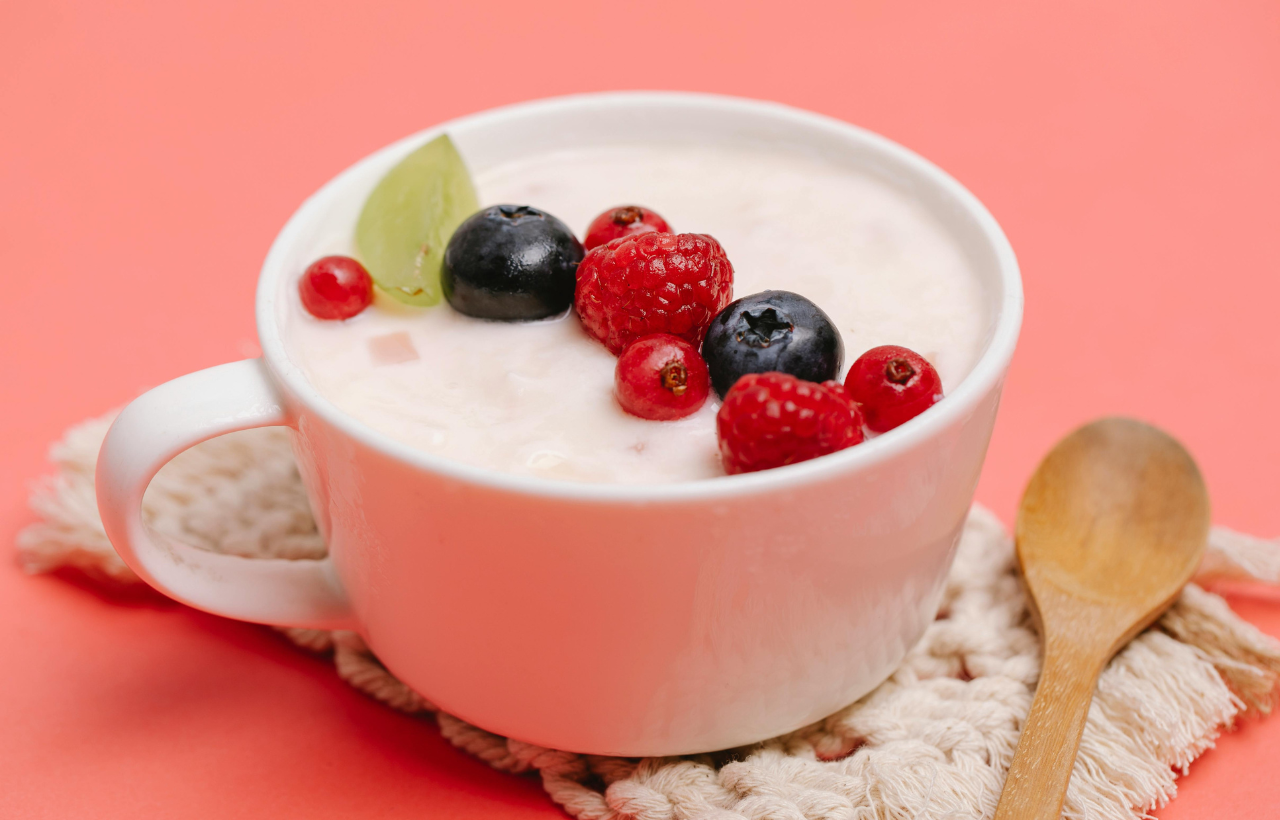Now Reading: The Ultimate Protein Guide: 9 Sources to Embrace and Avoid
- 01
The Ultimate Protein Guide: 9 Sources to Embrace and Avoid

The Ultimate Protein Guide: 9 Sources to Embrace and Avoid
In a world obsessed with protein powders and supplements, we’ve somehow forgotten that nature has already provided us with an abundance of complete protein sources. Whether you’re looking to build muscle, lose weight, or simply maintain optimal health, choosing the right protein sources can make all the difference in achieving your goals. Not all proteins are created equal – some support vibrant health while others may silently undermine it.
Why Protein Choices Matter
Protein serves as the fundamental building block for nearly everything in your body – from muscle tissue and enzymes to hormones and immune cells. The average adult needs between 0.8-1 gram of protein per kilogram of body weight daily, with active individuals often requiring more. But beyond quantity lies an equally important consideration: quality.
“The source of your protein matters just as much as the amount,” says Dr. Michelle Garcia, nutritionist and sports medicine specialist. “Different protein sources contain varying amino acid profiles and come packaged with other nutrients that can either enhance or diminish their overall health benefits.”
5 Protein Sources to Embrace
1. Wild-Caught Fatty Fish
Salmon, mackerel, and sardines deliver not just complete protein but also omega-3 fatty acids that reduce inflammation and support heart and brain health.
Nutritional Profile (4oz salmon):
- Protein: 25g
- Omega-3s: 2.6g
- Vitamin D: 100% DV
“Wild-caught fish typically contain fewer contaminants and higher omega-3 content than their farmed counterparts,” notes Garcia. “Aim for 2-3 servings weekly to balance nutrition with concerns about mercury levels.”
2. Pasture-Raised Eggs
Nature’s perfect protein package, eggs contain all nine essential amino acids plus choline for brain health and lutein for eye health.
Nutritional Profile (2 large eggs):
- Protein: 12g
- Choline: 294mg
- Vitamin B12: 46% DV
Research published in the Journal of Nutrition shows that eggs from pasture-raised hens contain significantly higher levels of vitamins A and E, and omega-3s than conventional eggs.
3. Legumes and Lentils
These plant powerhouses deliver protein alongside fiber and resistant starch, feeding beneficial gut bacteria.
Nutritional Profile (1 cup cooked lentils):
- Protein: 18g
- Fiber: 16g
- Iron: 37% DV
“Combining legumes with grains creates a complete protein profile for vegetarians and vegans,” explains Garcia. “Plus, their low glycemic impact makes them ideal for blood sugar management.”
4. Plain Greek Yogurt
This fermented dairy product provides both protein and probiotics for gut health.
Nutritional Profile (1 cup plain Greek yogurt):
- Protein: 23g
- Calcium: 25% DV
- Probiotics: Multiple strains
Choose unflavored varieties to avoid added sugars, and opt for organic when possible to minimize exposure to antibiotics and hormones.
5. Hemp Seeds
These tiny seeds deliver complete plant protein plus magnesium and heart-healthy fats.
Nutritional Profile (3 tbsp hemp seeds):
- Protein: 10g
- Magnesium: 45% DV
- Omega-3s: 3g
“Hemp seeds are incredibly versatile – sprinkle them on salads, blend into smoothies, or use as a crunchy topping for virtually any dish,” suggests Garcia.
4 Protein Sources to Limit or Avoid
1. Processed Meats
Bacon, sausage, deli meats, and hot dogs have been classified as Group 1 carcinogens by the World Health Organization.
“The nitrates, excessive sodium, and processing methods used in these products have been strongly linked to colorectal cancer and heart disease,” warns Garcia. “Consider them occasional treats rather than dietary staples.”
2. Conventional Factory-Farmed Meat
Mass-produced meat often contains residual antibiotics, stress hormones, and inflammatory omega-6 fatty acids from grain-based diets.
“If your budget allows, choose grass-fed and finished beef, which typically contains more anti-inflammatory omega-3s and conjugated linoleic acid (CLA),” recommends Garcia.
3. Highly Processed Soy Products
While whole soy foods like edamame and tempeh offer excellent nutrition, highly processed versions like many meat alternatives may contain concerning additives.
“Look for soy products with minimal ingredient lists, and be particularly cautious with those containing isolated soy protein,” advises Garcia.
4. Many Protein Powders
Numerous protein supplements contain heavy metals, artificial sweeteners, and fillers that may counteract their benefits.
“If you choose to use protein powder, opt for third-party tested products with minimal ingredients,” suggests Garcia. “Better yet, focus on whole food protein sources whenever possible.”
Making Smart Protein Choices
The quality of your protein sources affects not just muscle-building potential but also:
- Inflammation levels: Animal proteins from conventionally raised sources tend to promote inflammation, while plant proteins and sustainably raised animal proteins may reduce it.
- Gut microbiome health: Different protein sources feed different gut bacteria, influencing everything from digestion to immune function.
- Environmental hormones: The chemicals and hormones in conventionally raised animal products can disrupt human hormone balance.
Practical Tips for Protein Balance
- Aim for variety: Rotating protein sources ensures a diverse amino acid profile and prevents overexposure to any single food’s potential downsides.
- Consider quality over quantity: 20 grams of protein from wild salmon provides different health outcomes than 20 grams from processed lunch meat.
- Balance animal and plant sources: Even if you’re not vegetarian, incorporating more plant proteins supports gut health and reduces environmental impact.
- Read labels carefully: “Protein-fortified” products often contain added sugars, sodium, and artificial ingredients that undermine their nutritional value.
Conclusion
Protein remains essential for optimal health, but its source matters tremendously. By embracing clean, minimally processed protein sources like wild-caught fish, pasture-raised eggs, legumes, yogurt, and seeds—while limiting processed meats, factory-farmed animal products, ultra-processed soy, and questionable protein supplements—you create a foundation for lasting health. Remember that sustainable dietary choices also support planetary health, making mindful protein consumption a win for both personal and global wellbeing.
Disclaimer:This article is provided for informational purposes only and is not intended as medical or nutritional advice. Consult with a qualified healthcare provider or registered dietitian for personalized nutrition recommendations based on your unique health needs and conditions.











